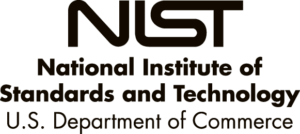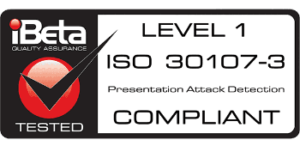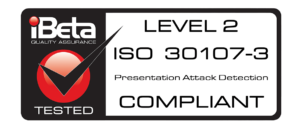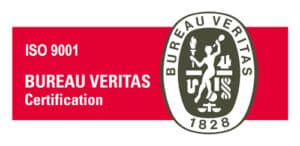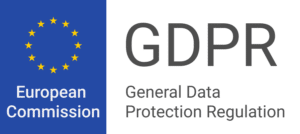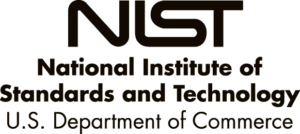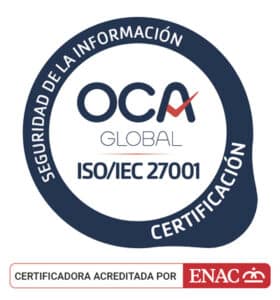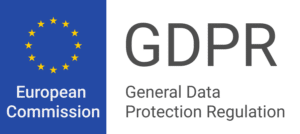AML stands for Anti Money Laundering and refers to the prevention of illegal practices used to hide or disguise the origin of illicitly obtained money to make it appear to come from legitimate sources.
AML or money laundering laws are regulations designed to prevent and detect this type of illegal activity and punish those carrying it out. The main objective of these rules is to protect the financial system’s integrity and prevent criminals from using it to launder money.
According to IMF (International Monetary Fund) estimates, the amount of money laundered worldwide in a year is approximately 5% of the world’s GDP, i.e., between US$800,000 and US$2 trillion.
Money laundering is a serious crime in many countries and often involves smuggling, illegal arms sales, embezzlement, insider trading, bribery, or computer fraud.
¿What is AML (Anti Money Laundering)?
AML regulations require financial institutions and other companies to implement specific measures to detect and prevent money laundering, such as keeping records of financial transactions and reporting suspicious activities to competent authorities. These regulations are designed to protect the financial system from abuse and help law enforcement agencies investigate and prosecute fraudulent cases.
Some of the AML measures that companies must implement include:
- Customer identification and verification or KYC: identify and verify the identity of their customers and their beneficial owners to detect and prevent money laundering activities.
- Transaction monitoring and reporting: monitor your customers’ transactions to detect suspicious activities and report any suspicious transactions to the competent authorities.
- Risk assessment and management: assess and manage the risks associated with money laundering, including the risks associated with its products, services, customers, and geographic locations.
- Employee training and education: provide your employees with training and education on anti-money laundering compliance, including identifying and reporting suspicious activity.
Who sets AML regulations?
At the international level, the OECD’s Financial Action Task Force (FATF) establishes requirements that influence almost all countries, territories, and jurisdictions worldwide.
However, regulatory frameworks vary significantly depending on the jurisdiction. In Spain, for example, the guidelines established by the Executive Service of the Commission for the Prevention of Money Laundering and Monetary Offenses must be followed. In the United States, the agency in charge is the Financial Crimes Enforcement Network (FinCEN), the Financial Conduct Authority (FCA) in the United Kingdom, or the Financial Transactions and Reports Analysis Centre (FINTRAC) in Canada.
These bodies are empowered to impose fines, sanctions, and other penalties on financial institutions that fail to comply with anti-money laundering regulations.
What is anti money laundering compliance?
Many organizations need more mature processes or technology to cope with all anti-money laundering requirements and regulations on their own.
It is crucial to rely on trusted third-party providers to ensure regulatory compliance and avoid potential penalties for non-compliance.
Identity verification or Know your customer (KYC) of customers is an indispensable requirement to comply with anti-money laundering regulations. Veridas offers an AML-compliant customer registration solution thanks to our video-identification and visualization dashboard solution.
What are the benefits of AML systems?
Beyond the moral obligation to fight against illicit activities, AML systems enable companies to:
- Protect brand reputation and shareholder value.
- Avoid consent orders and civil and criminal penalties that could be imposed for non-compliance or negligence.
- Reducing costs related to fines, employee and IT costs, and capital set aside for risk exposure.
- Improved user experience for customers thanks to AI-based technologies that enable convenient and secure online trading.
What is anti money laundering in banking?
In the banking industry, anti-money laundering (AML) refers to the rules, regulations and procedures that prevent criminals from using illegal funds to masquerade as legitimate funds Money laundering generally has three stages: establishment, infusion, and integration.
Illegal money enters the financial system when it is elected. Layering involves moving money through different industries to mask where the money came from.
Finally, the money laundered during the integration phase is returned to the economy and deemed fair.
AML policies in the banking industry are designed to disrupt this process at every level.
Key features of AML in the banking industry include:
- Customer Due Diligence (CDD): Banks are required to implement a “Know Your Customer” (KYC) process to ensure the identity of their customers. This involves collecting and verifying information such as names, addresses and financial activities to ensure that customers are who they claim to be. The CDD helps prevent the use of fake credentials or front companies to launder the money.
- Monitoring and Reporting: Banks should monitor customer transactions for unusual or suspicious activity, such as capital deposits, frequent transfers, or complex financial transactions with customers inconsistencies Suspicious activity should be reported to authorities through Suspicious Activity Reports (SARs).
- Compliance programs: Banks should strengthen AML compliance programs, including regular employee training, internal audits and the use of AML software to identify suspicious patterns.
How to get Anti Money Laundering certification?
Obtaining anti-money laundering (AML) certification usually involves several steps, including choosing the right certification system, compliance requirements, preparing for it exam and pass, and maintaining certification through continuing education Here are all the instructions on how to get AML certified.
1. Choose the right trust
- Certified Anti-Money Laundering Specialist (CAMS): Offered by the Association of Certified Anti-Money Laundering Specialists (ACAMS), CAMS is one of the most widely recognized certifications in the industry.
- Certified Financial Crimes Specialist (CFCS): Offered by the Association of Certified Financial Crimes Specialists (ACFCS), this certification covers AML along with other financial crimes.
- Certified Anti-Money Laundering Professional (CAMP): Offered by the National Association of Certified Compliance Specialists (NACCS), this certification focuses heavily on AML in the compliance profession.
2. Meet eligibility requirements
- Education: Most credentials require at least a bachelor’s degree or equivalent. However, sometimes relevant work experience can take the place of formal education.
- Work Experience: Typically, you will need years of experience in AML, compliance, finance, or a related field.
3. Prepare for the test
- Study Materials: Use official study guides, textbooks, and practice tests provided by the certification body. Some certifications, such as CAMS, offer highly recommended preparatory courses.
- Self-study or classroom training: Depending on your learning style, you may choose to study on your own or enroll in a training program. Providers like ACAMS often offer both options.
What is the difference between AML and KYC?
Know Your Customer (KYC) is a requirement within AML regulations. KYC focuses on all techniques dedicated to knowing all available customer information, while AML encompasses more rules related to money activity and its path.
KYC processes enable companies to establish a solid and reliable customer base to prevent fraud, facilitating compliance with anti-money laundering regulations.





![[DEMO GRATUITA]: Descubre cómo funciona nuestra tecnología en vivo](https://no-cache.hubspot.com/cta/default/19918211/d1b3c85c-877e-4b7b-934f-d69dd38dab05.png)




